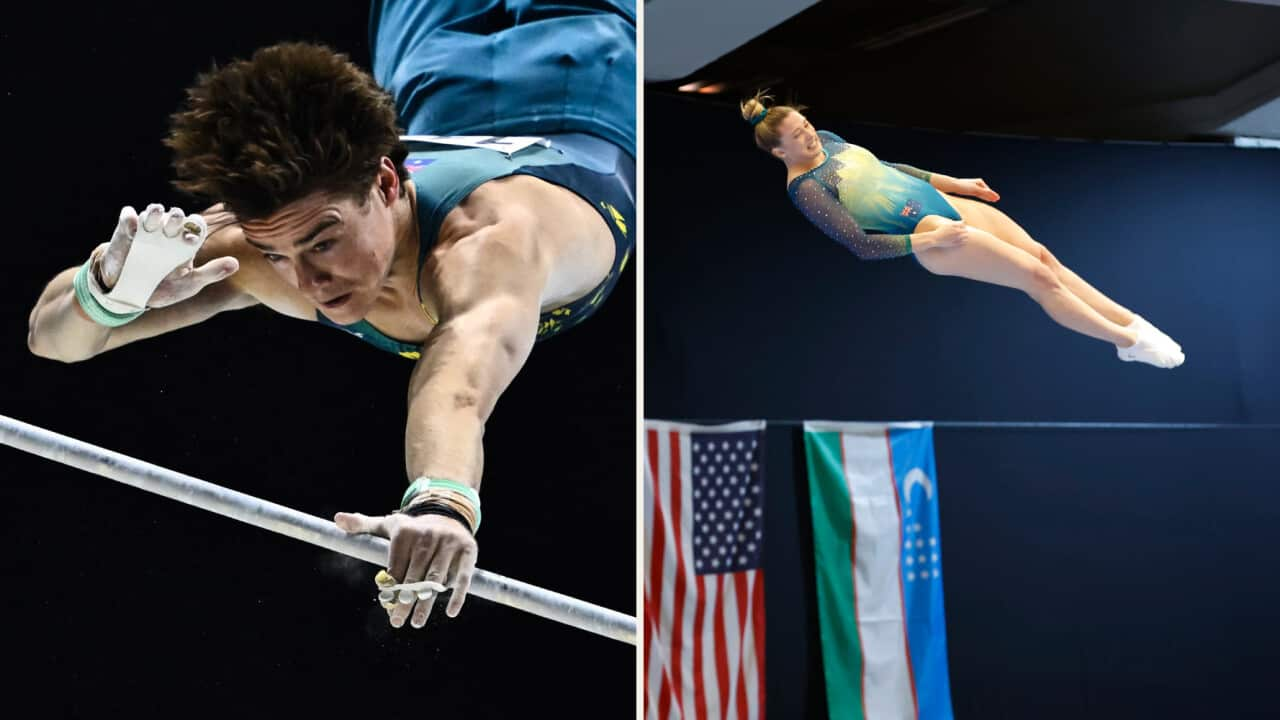I saw a thriller of an A-League game the other night. It wasn’t top of the bill: Melbourne City v Wellington Phoenix.
But it was superb entertainment. End to end stuff, explosive attacking play, one of those nil-all draws that could easily have been 5-5.
Nothing unusual in this. There were other thrillers that weekend, among them Adelaide v Roar and even the cellar dweller derby between the Mariners and the Wanderers.
Earlier in the month I was in Budapest and attended the Hungary v Greece Euro qualifier, a tedious 0-0 draw at the fabulous new Ferencváros Stadium, which fully deserved to be scoreless. I remarked to my Hungarian mates that Melbourne Victory would have beaten either team that night, and I meant it.
Is the A-League, as a spectacle and piece of entertainment, underrated? Are we spoilt in what we demand or expect of it? I think yes on both counts.
Sometimes we forget where or what the A-League is in the grand scheme of things and fail to appreciate what it is capable of delivering, relative to its resources, as a weekly source of fodder for football lovers.
A few days before the thrills at Aami Park the Perth Glory got punished for breaching the salary cap, something which, to my knowledge, only exists in two countries of the football world: Australia and the United States. The A-League salary cap per club is $2.55 million per year which, averaged out among a squad of 20 (not including two marquees), is a an annual salary of $127,500 per player, a poorly sum when compared to what players earn in leagues against which our competition is often compared and against which our clubs regularly compete in the AFC Champions League.
Perth Glory broke the rules and, given that all clubs have to abide by those rules, the punishment was just and it got exactly what it deserved. But you get my drift. The technical and entertainment standards to which our league aspires, and generally reaches, given these restrictions, is nothing short of remarkable.
How they manage it is, sometimes, beyond me. Appropriately the entertainment standard provided is reflected in the numbers of spectators that attend games. Turnstile numbers do not reflect too many complaints about the standard of the football on offer.
Melbourne Victory, living within the rules of paying no more than a total annual salary of $2.55 million – or $127,500 per player – still attracts 25,000 to each of its home games. This is stunning and something of which the club should be proud.
There is a lot of trash talk about the A-League’s television ratings and how they compare with those of the AFL and NRL. But what is forgotten is the magnificent PR machinery that pumps up the appeal of the AFL and the NRL day in and day out, week in and week out. The A-League, football and soccer, still get fourth or fifth billing behind AFL, NRL, rugby and various forms of cricket in newspapers and news reports or television and radio.
A rugby league game that draws 10,000 fans will still get four pages of newspaper coverage compared to the one page given to a soccer game that attracts 15,000 or 20,000. The prejudice against football lives and still breathes.
It is against these monumental obstacles and prejudices that the A-League’s success or otherwise should be measured in a country and a society that is still not ready or mature enough to embrace football as a true national sport, owned by us as a society. This will take more time. But we, who have worked hard at this, should be proud at what has been achieved and enjoy the fruits of our labours.










